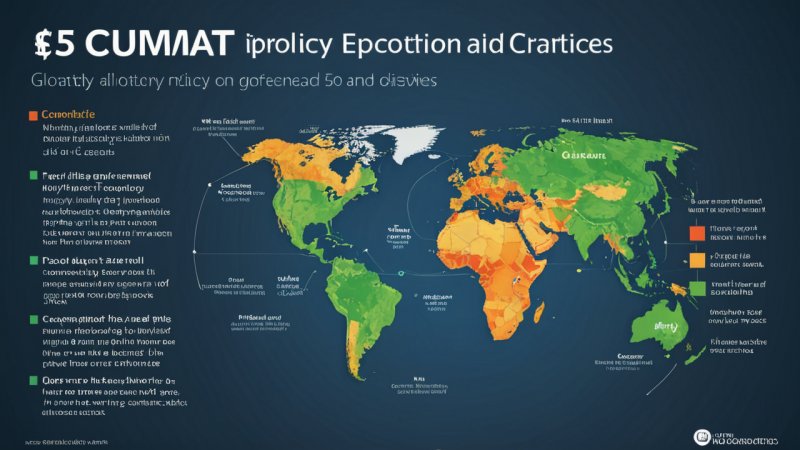Understanding the Economic Implications of Climate Policy
As the world grapples with the urgent need to address climate change, policymakers are faced with the daunting task of implementing effective climate policies. These policies not only aim to reduce greenhouse gas emissions but also have significant economic implications. In this article, we explore the top five economic implications of climate policy, providing insights into how such measures can affect various sectors of the economy.
1. Job Creation in Green Industries
One of the most immediate economic implications of climate policy is the potential for job creation in green industries. As governments invest in renewable energy sources such as solar and wind, new job opportunities arise in manufacturing, installation, and maintenance of these technologies. Studies have shown that transitioning to a green economy could create millions of jobs worldwide.
2. Impact on Traditional Energy Sectors
While climate policies promote renewable energy, they can also have adverse effects on traditional energy sectors, particularly fossil fuels. As regulations tighten and carbon pricing mechanisms are implemented, industries reliant on coal, oil, and natural gas may face job losses and economic decline. This shift necessitates a just transition plan for affected workers and communities.
3. Innovation and Technological Advancements
Climate policy can serve as a catalyst for innovation, driving research and development in sustainable technologies. Governments that prioritize funding for climate initiatives encourage private sector investment in clean technologies. This not only leads to the emergence of new industries but also enhances global competitiveness in the green economy.
4. Long-term Economic Sustainability
Implementing effective climate policies can lead to long-term economic sustainability. By investing in sustainable practices and reducing reliance on finite resources, economies can mitigate the risks associated with climate change, such as natural disasters and resource scarcity. This proactive approach can ultimately save costs and protect economic stability.
5. Global Trade Dynamics
Climate policies can reshape global trade dynamics, influencing how countries engage in commerce. As nations adopt stricter environmental regulations, there may be shifts in trade patterns, with increased demand for sustainably produced goods. This can create new markets and opportunities for businesses that prioritize environmental responsibility.
In conclusion, the economic implications of climate policy are vast and multifaceted. From job creation in green industries to potential challenges in traditional sectors, the transition to a sustainable economy presents both opportunities and risks. Policymakers must navigate these complexities to ensure a balanced approach that fosters innovation, sustainability, and economic growth.






